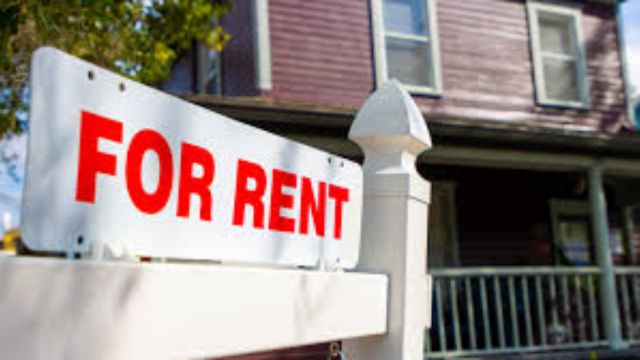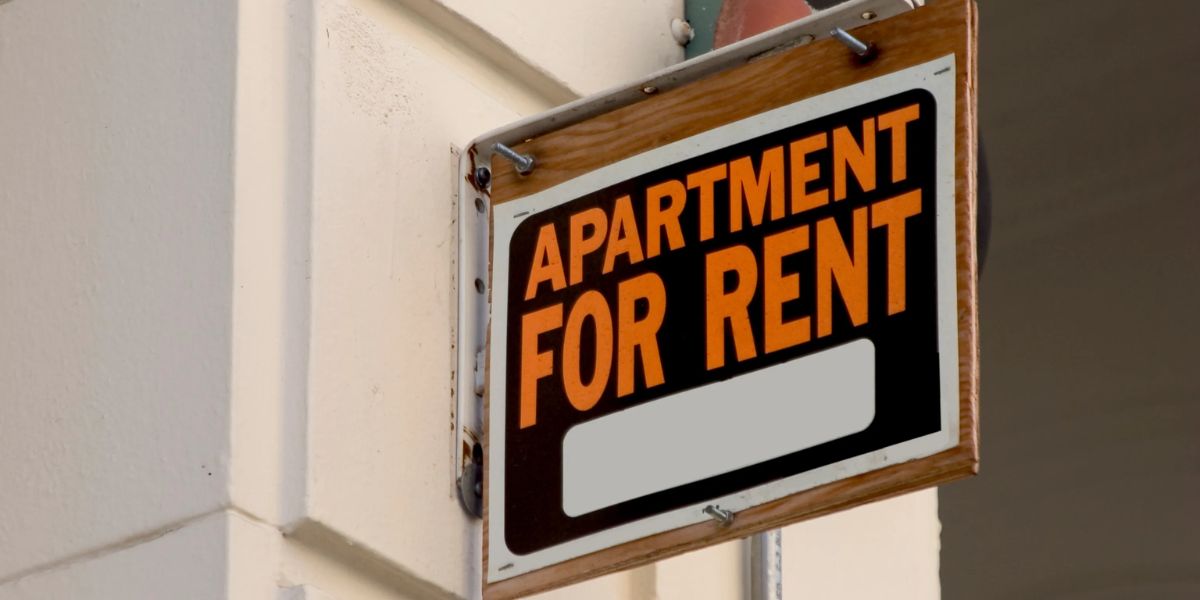WFCN –
A new regulation in California went into effect on July 1st, limiting security deposits on long-term rentals to no more than one month’s rent. Tenants are anticipating more affordable and accessible housing, but landlords are worried about how it may affect their bottom line.
A deposit of up to two times the rent for an unfurnished property and three times the rent for a furnished one might previously be required by landlords.
Zachary Orsinelli, a former resident of Isla Vista and a graduate of UCSB, spoke about the difficulty of having to pay two months’ rent in advance. “But we worked hard to figure it out because it was a once in a lifetime opportunity to live in this beautiful place.”
Playa Life, which is referred to in court documents as Isla Vista Owner LLC, withdrew over $4,000 from the security deposit of Orsinelli and his five housemates when their one-year lease expired.

Normal wear and tear, the renters claim, is the only harm that occurred, and as such, cannot be legally subtracted from the security deposit. Following a protracted court dispute that lasted for nearly two years, Orsinelli and his roommates were successful in recovering their deposit along with a significant sum as damages.
SEE MORE –
Parent-Child Bonds: Why Most Americans Call Their Parent Their Best Friend
Like what Assembly Bill 12 now mandates, Orsinelli believed that “Playa Life might have felt more nervous about trying to take so much of it” if he and his roommates had paid a lesser deposit.
“Reducing the deposit amount will have an anchoring effect,” stated Alex Entrekin, supervising attorney for housing at Legal Aid. “It can limit the sums at stake and forestall needless small claims actions.”
Landlords are worried that a smaller security deposit won’t be enough to cover repairs, even if this is a positive development for tenants in California’s competitive rental market.
A co-owner of Playa Life/Isla Vista Owner LLC, Erin Murphey Doherty, stated, “Historically we’ve never not had enough deposit to cover damage.” The company oversees over 30 properties in Isla Vista. “However, what happens next is anybody’s guess.”
Nevertheless, landlords have the same ability they always had: to seek damages exceeding the deposit sum. It is possible for landlords to file a small claims lawsuit against nonpaying tenants.
Assemblymember Matt Haney of San Francisco pushed this bill, and according to his office, the people most worried were the “mom-and-pop” landlords who had only a couple of properties. They were concerned that “nightmare tenants” would be able to take advantage of the reduced deposit requirements made possible by AB-12.
As a result, a loophole was created so that landlords who own no more than two homes with four units each could keep charging deposits of up to twice the monthly rent.
Santa Barbara’s Assemblyman Gregg Hart supported the measure and said it will “ease the burden” on the state’s large rental population.
The need of finding ways to lower the cost of moving was underscored by Entrekin. “However, we should seize this opportunity to explore alternative approaches to resolving the issue.”
